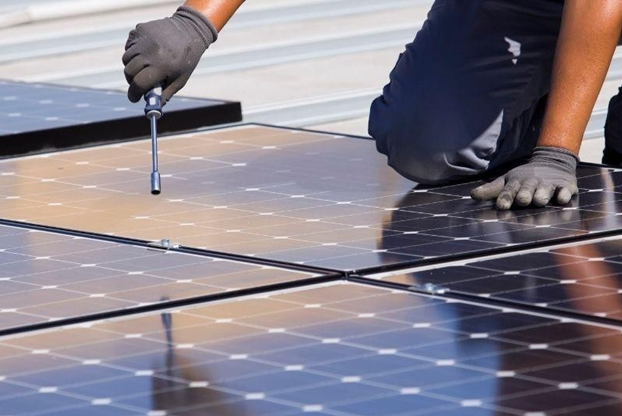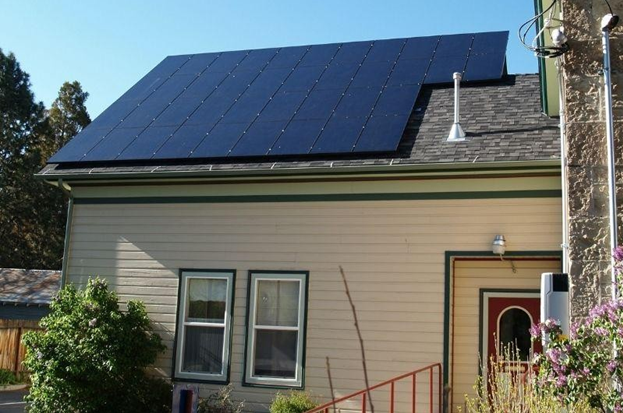Unlock Affordable Solar Panel Solutions For Your Home or Business from xocahej pahed's blog

Solar panels provide environmental and cost savings benefits for social, commercial, and residential buildings. Installation of solar panels reduces your carbon footprint by using renewable energy sources as a substitute for higher carbon-emitting sources such as natural gas and coal. The decrease in emissions from solar power enables companies to meet their renewable energy goals while saving money on electricity costs due to the photovoltaic effect producing electricity from light. Solar panel systems can provide other economic savings such as tax breaks, significant energy bill reductions, energy credits for unused wattage produced and more. With so many economic and environmental benefits on offer, installing solar panels is an advantageous choice that can help reduce our reliance on traditional fossil fuels while saving us money.
Selecting the Right Solar Panel System for Your NeedsSeveral essential factors must be considered when selecting a solar panel system for your needs. The panels' size, efficiency, and ability to produce reliable energy production throughout the year must be considered when deciding which solar panel system is best suited for your needs. Ensure you measure your space correctly to purchase the correct number and type of panels. Additionally, you'll want to be aware of the industry regulations in your local area to ensure you stay up-to-date with any changes or updates in installing your solar panel system.
Ultimately, choosing the right solar panel system for your needs can help bring tremendous value, from reducing energy costs over time to improving sustainability in your daily life.

Solar panels are an excellent way to harness the power of the sun. To maximise solar energy's efficiency and cost savings, understand the various types of solar panels on the market. Mono-crystalline solar panels have a higher efficiency level than other models but also have a much higher price point. Poly-crystalline models are slightly less efficient but are, in general, more cost-effective. Thin film solar panels offer lower costs and high levels of flexibility, making them great for naval vessels or large structures with curved roofs. It is essential to consider your individual needs when exploring which type of solar panel best suits you!
Understanding Solar Panel Installation & Maintenance RequirementsTaking advantage of solar panel technology can be beneficial and economical to reduce your carbon footprint. However, as with any electrical system, a certain level of due diligence must be maintained to ensure the efficiency and safety of your new investment. Understanding the installation processes and maintenance requirements associated with solar panels is critical for ensuring their sustained energy output. You guarantee its long-term effectiveness, reliability and stability by correctly maintaining your system. Thus, since improper installation or negligence can lead to disastrous results, it is vital for all homeowners considering solar power to understand these steps.

As we’ve seen, solar panels are incredibly advantageous for both you and the environment. Providing no-cost energy, significant cost savings and a reduction in your carbon footprint, solar panels should be explored to understand their benefits better. Choosing the right solar panel system can be daunting, depending on your specific needs. Still, with a basic understanding of different types of panels and installation and maintenance requirements, it doesn’t have to be. When considering investing in solar panels for yourself or your business, look no further than A dvance Solar Panels Canberra.
Post
| By | xocahej pahed |
| Added | Apr 26 '23 |
Rate
Archives
- All
- February 2025
- January 2025
- December 2024
- November 2024
- October 2024
- August 2024
- July 2024
- June 2024
- May 2024
- April 2024
- March 2024
- February 2024
- January 2024
- December 2023
- November 2023
- October 2023
- September 2023
- August 2023
- July 2023
- June 2023
- May 2023
- April 2023
- March 2023
- February 2023
- January 2023

The Wall